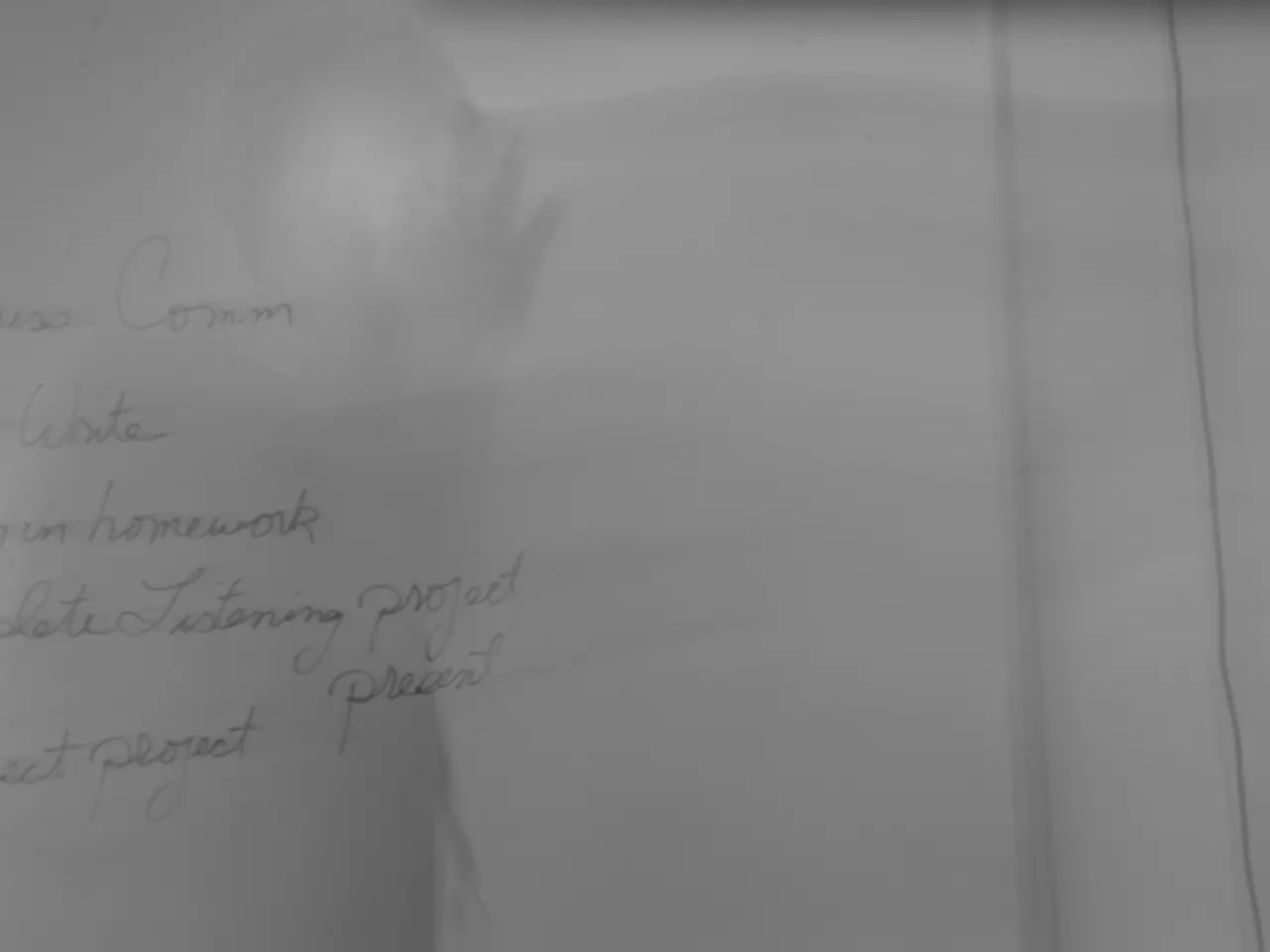Europe should not yield to US demands, as it has already surrendered control over its financial matters.
The European Union (EU) and the United States are currently engaged in negotiations over tariffs on digital services and finance, with the EU focusing on reaching a political understanding or basic headline agreement rather than a comprehensive trade deal. The aim is to avoid the escalation of US tariffs, with both sides trying to agree on a framework that would maintain at least a 10% baseline tariff on most EU exports to the US.
The EU Commission, which negotiates on behalf of the 27 member states, initially proposed a zero-tariff deal on industrial goods and reciprocal purchases of strategic goods like US liquefied natural gas. However, it now appears to accept maintaining a 10% tariff baseline. Member states are divided, with countries like Germany and Italy supporting a deal with a 10% tariff, while France and Ireland are more skeptical—France insists on reciprocal tariffs if the US maintains 10% tariffs.
The deal is seen as a first-step political understanding to pave the way for sector-specific tariff relief, such as for cars and aerospace, sectors with intertwined transatlantic supply chains. The EU remains prepared to respond with its own tariffs on American exports if talks fail.
In contrast, the US, under the current administration, has adopted a more aggressive tariff policy. Since mid-March 2025, the US has imposed 50% tariffs on EU steel and aluminum, 25% on cars, and 10% on all other EU imports. The US has threatened to escalate tariffs to 50% on all EU imports if a deal is not reached by the early July 2025 deadline. This policy reflects an approach of exerting "maximum pressure" to force trade agreements.
The US has already brokered trade deals with the UK and Vietnam under similar pressure tactics, seeking to secure favorable trade terms. The 'ghost of poverty' has awakened, voted Republican, and arrived at the White House, inspiring American reindustrialization policies. Globalization has caused damage to American manufacturing, finance, and services.
Europe's stance in these negotiations is more serious considering the need to take into account tariffs on new markets. The EU appears completely misaligned in this new balance, particularly considering the absence of Russia and China at the G20 in Rome in 2021. Italy, being one of the world's leading manufacturers and exporters, is particularly exposed to the impact of Chinese manufacturing flooding the European market if unable to enter the United States.
Critics, such as Giulio Tremonti, a former Minister of the Economy in Europe, have criticized Europe's accommodating attitude towards the United States in the negotiations. The European Union, in its current state, is not quite ready for the escalation with the United States over digital services tax.
As the negotiations continue, the EU needs to focus on internal competitiveness to have a stronger stance in the global scenario. China has already concluded its negotiations with the US, while Europe arrived late and negotiated only on manufacturing, forgetting finance and digital. The EU needs fewer rules and more coherence in its policies, with clear and applicable rules to avoid excluding itself. A real European policy, not a technical committee, is needed for Europe to have an autonomous voice in the global scenario.
- The average European Union (EU) member state appears divided over the proposed tariff framework, with some, like France and Ireland, advocating for reciprocal tariffs to match the US's 10%, as opposed to the general-news, such as Germany and Italy, supporting a deal with at least a 10% tariff baseline.
- The EU Commission's focus on avoiding the escalation of US tariffs and negotiating a political understanding or basic headline agreement, instead of a comprehensive trade deal, could be a reflection of their general-news regarding the EU's readiness for a potential US pressure tactic similar to those used in trade deals with the UK and Vietnam, as seen in the recent US financing, manufacturing, and service policy shifts.




